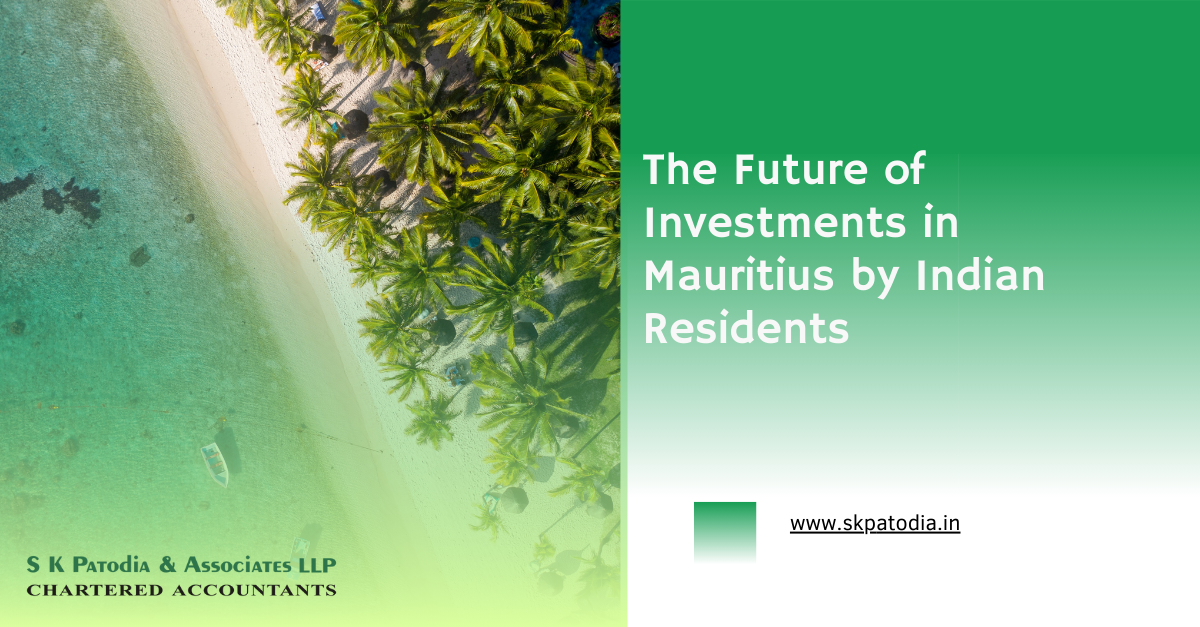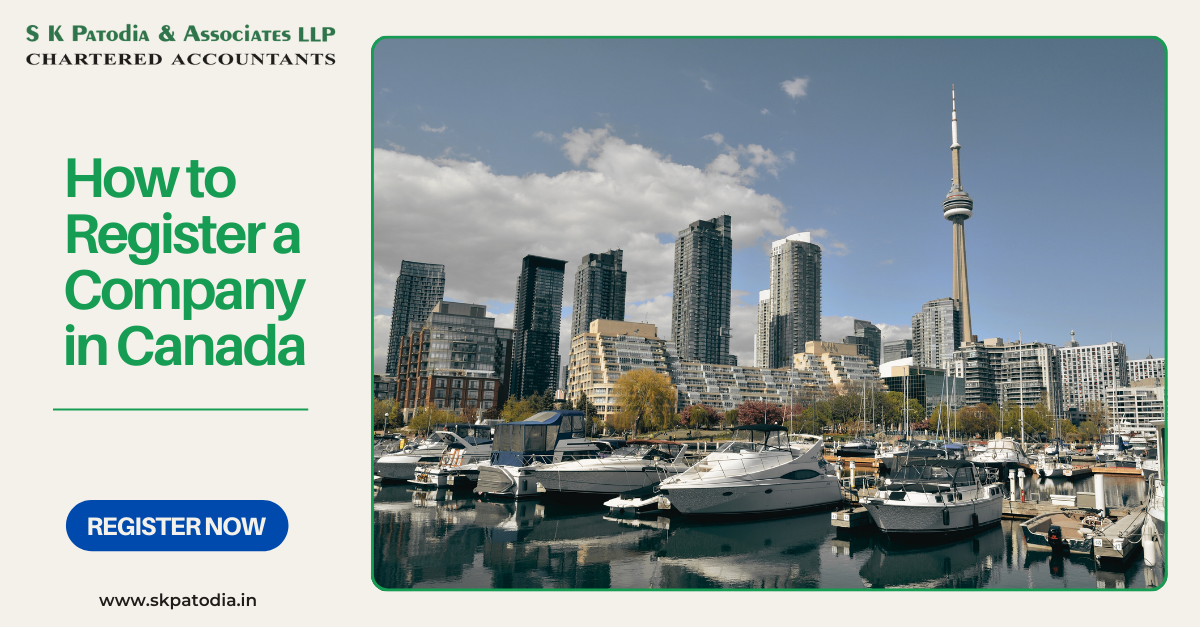The practical stewardship of Mayor Halsema’s administration of a place (and citizens) frequently abandoned to the tourist euro is coauthoring a future of accountability by everyone who calls the alluring Dutch (Netherlands) capital home. Take, for example, last year’s response to a refugee accommodation crisis that resulted in hundreds of unhoused migrants, many fleeing Russia’s invasion of Ukraine, sleeping outside the city’s overflowing resource centres: house more than 1,000 on a moored cruise ship for six months, buying crucial time to find other arrangements.
Despite the attendant human trafficking, the city’s sometimes out-of-control nightlife was another opportunity to educate frustrated but powerless citizens, who were invited to workshops and given copies of a free book exploring the city’s role in the organisation and management of the global slave trade from a local perspective and what they could do to help the fight. And the city is fighting back, going so far as to relocate the redlight district from Amsterdam’s famed De Wallen quarter to the city’s outskirts, while prohibiting non-residents from cannabis cafés and cancelling tours that highlight the city’s baser side. This spring, the city banned all public cannabis smoking as of May 2023, and launched a “stay away” campaign aimed at travellers looking for iniquitous pleasure.
On Fridays and Saturdays, restaurants and bars will close at 2 a.m., and no new guests will be allowed into the old city centre after 1 a.m.
Tours and activities focusing on the city’s enviable livability and Dutch history are filling in for vice. After all, with $13.59 billion in international travel spending in 2022, Amsterdam is only second to London among European cities. Similarly, it is one of the top five in the world.
Amsterdam-Noord, in particular, is accessible through a free five-minute ferry ride from Central Station, the city’s main transportation centre.
Noord has evolved into a sort of second downtown, with factories that formerly manufactured cargo ships now housing adventurous kitchens, some of Europe’s best galleries, and hungry IT businesses looking to attract talent with a buzzy address. It also helps to be close to a simmering nightlife that doesn’t disturb sleeping families. The district doesn’t lack for places to sleep: the new Sir Adam Hotel, which occupies the first eight stories of the famous A’DAM Tower, provides access to the city’s tallest observation deck, which is sure to wake up weary guests.
Corporate Brexit refugees are also flocking to Amsterdam, enticed by new overnight rail links (for which Amsterdam is a growing centre) and air connectivity.
Want evidence that Amsterdam’s corporate clout is growing? Euronext, the city’s stock exchange, just surpassed the London Stock Exchange to become Europe’s largest trading location.
All of this is contributing to an impending housing crisis, which is why Mayor Halsema and other city authorities are attempting to get ahead of it with the Haven-Stad (Port City) residential neighbourhood, which will eventually include up to 70,000 dwellings envisioned as “a metropolitan mixed-use area.” Unsurprisingly, incumbent industrial pillars that are already exploiting the area do not share the concept.
Another new residential effort unveiled earlier this year intends to construct a whole neighbourhood out of wood, a renewable resource that local leaders hope will help them achieve their objective of lowering building emissions. It’s also a reference to Dutch innovation from hundreds of years ago, when the city was mostly made of wood. The region, named Mandela Buurt (meaning “Mandela neighbourhood” after the surrounding Nelson Mandela Park) and located in a relatively low-income area south of the city centre, is expected to break ground in 2025 if all goes as planned.
The construction will include ten new housing buildings, neighbourhood amenities, and even an elementary school. More than 2,100 people are expected to live in the 700 new apartments, 80% of which will be available as affordable or public housing at below-market rentals and prioritised for residents who have lived in the neighbourhood for at least six years.




